#99 10 Tips and Tricks for Songwriters
Whether you have been writing for years or you have just picked up a pen, songwriting can be tricky and I’m sure we have all experienced the curse of writer’s block at least once. To help get the cogs turning, we have made a list of things that might help inspire your next masterpiece…
Start with someone else’s lyric.
It can be overwhelming to start the songwriting process with a blank page. You may have found yourself listening to other artists and thinking “I wish I wrote this”; so why not borrow one of their lines to begin your song? This is an easy way to kick you off the ground, and don’t forget ‘great artists steal’… just don’t forget to remove the line you chose when you’re done because plagiarism isn’t cool.
Play multiple radios at once.
This may sound like a bizarre concept but this technique (famously used by Tom Waits) seemingly works! By listening to multiple radios, Waits said he began to mis-hear or mis-interpret what he was listening to, allowing his subconscious to do the work. He would get creative when writing and achieved this same effect by listening to music from a-far. It has been said that Waits likes to achieve a ‘trance’ like state when writing, as this unlocks the creativity needed for him to be in-keeping with his style of writing.
Assign yourself a brief.
If you aren’t feeling particularly inspired, don’t wait for inspiration to find you; assign yourself a brief. This can take any form, be it a piece of art, a colour, a story or the first word you land on when opening the dictionary. Make sure to stick to your brief even if it doesn’t deliver instant inspiration, but remember to think outside the box, you don’t have to be too literal.
Start writing with an instrument that is unfamiliar to you.
Staying within the boundaries of a comfort zone can sometimes stunt your expression, but playing around with the unfamiliar may show you a new path that you hadn’t previously thought to explore. If you are a vocalist or lyricist who is less acquainted with the drums, why not begin laying down a beat before you go to writing lyrics or a melody? And vice versa, if you are more comfortable sitting behind a drum kit, why not challenge yourself to take on centre stage?
Set yourself a time limit.
Adding limitations to your practice is not always a negative thing, in fact you may find that it gets your creativity flowing further. When writing, it is very important to separate your logical or ‘organisational’ mind from raw inspiration otherwise it can feel impossible to get in touch with authentic expression. A way to combat this if it arrises is to set yourself a very tight schedule or time limit to write a song; By only allowing yourself 15/20 minutes to write, you won’t have time to pause for thought, edit, or reflect on 'how good’ what you’re writing is, and the result will be a heavy flow of creative juice. This technique has been tried and tested by Sia who wrote Rihanna’s ‘Diamonds’ in 14 minutes. Need we say more…?
Take your lyrics, write them out, cut them up and then rearrange.
You may feel you have something to say, but it’s not coming out quite as you intended. Write out any lyrics or words that you do have on paper, cut them up, and proceed to scatter across the floor. Re-arranging them may trigger new ideas and help you find a place for everything.
Collaborate and swap ideas.
Sometimes the BEST thing you can do when you’re stuck is find another creative, stick your heads together, and begin learning from one another as you delve into a project. It is also worth considering working with someone who plays in an opposing style to you as this can be a great way to unlock something unique. Why not get creative with this; write out some lyrics and have someone else organise them into a melody, swap instruments or sample a piece of their work in yours! If you are a first timer at collaboration or you are out of practice, visit out blog post on collaboration for more ideas on how to get started!
Study and analyse your favourite songs.
Songwriting doesn’t always have to begin with you, and it is perfectly acceptable to spend sometime listening to the music that you love - consider it research. Gather together a few of your all time favourite pieces of work and set yourself the task of analysing them. Reflect on harmony, lyrics, chord structure, production techniques and anything else that takes your fancy! If you want to take it even further you could even write a short essay on why exactly makes those songs come alive for you; then when it’s time for you to write yourself, you have a whole palette of ideas to consider for yourself.
Mind map to unhook inspiration.
Have you ever felt that you have so much to say that you don’t know where to begin? Or perhaps you are trying to unlock a compressed feeling. Mind mapping is a great resource for unlocking and laying out these feelings for you to visualise on a page; it also acts as a great counsel for chaotic thoughts or emotion. If you choose to use mind mapping as a songwriting technique, it can also be a great help for arranging lyrics. Once everything is splayed on a page, take your time to make your way around the map of thoughts, consider what they mean to you, and begin to organise them into a structure.
Don’t be afraid to abandon your work.
The most important thing to remember when songwriting is that you aren’t always going to get it right the first time, and it’s okay to abandon a project. It would be impossible to have 100% success rate. All the ‘small’ ideas you have written along the way are practice, and you may even find that you write the same thing 3 or 4 times before getting it right. Think of the songs that don’t make the cut as ‘sketches’ before committing paint to the canvas. It is also okay to return to old ideas that weren’t ready to make their way into the world. It can be fun to listen to old voice notes or projects with new ears; you might find that you begin to hear something new or find more effective ways of expressing your themes.


